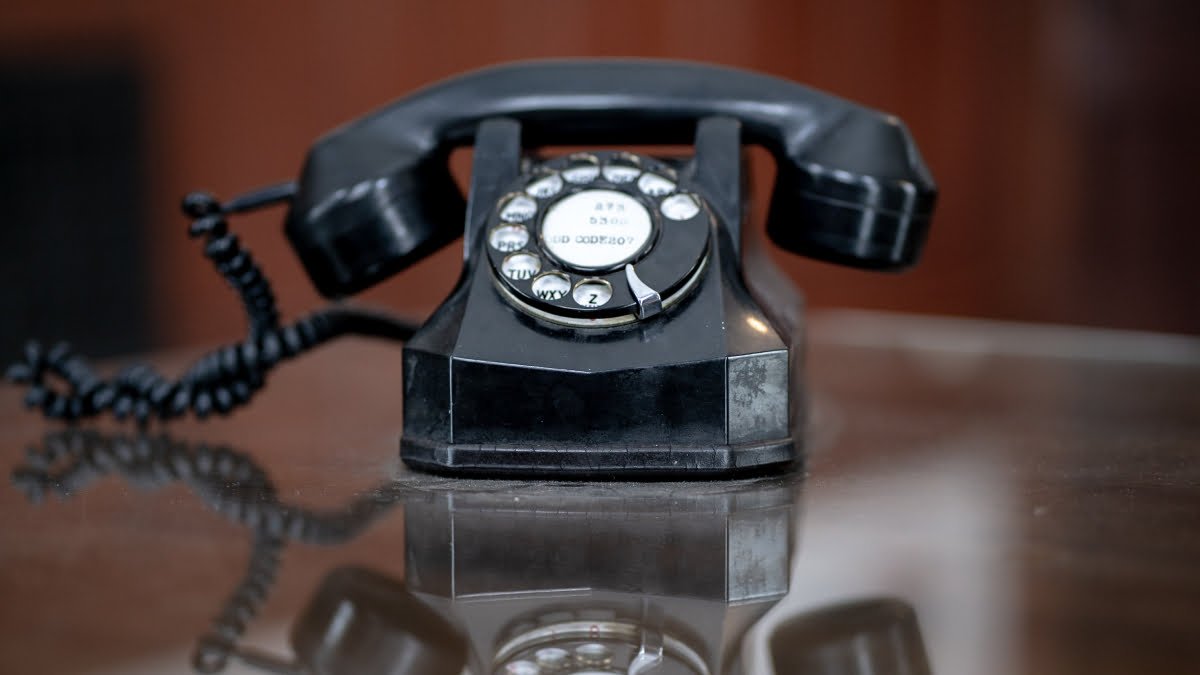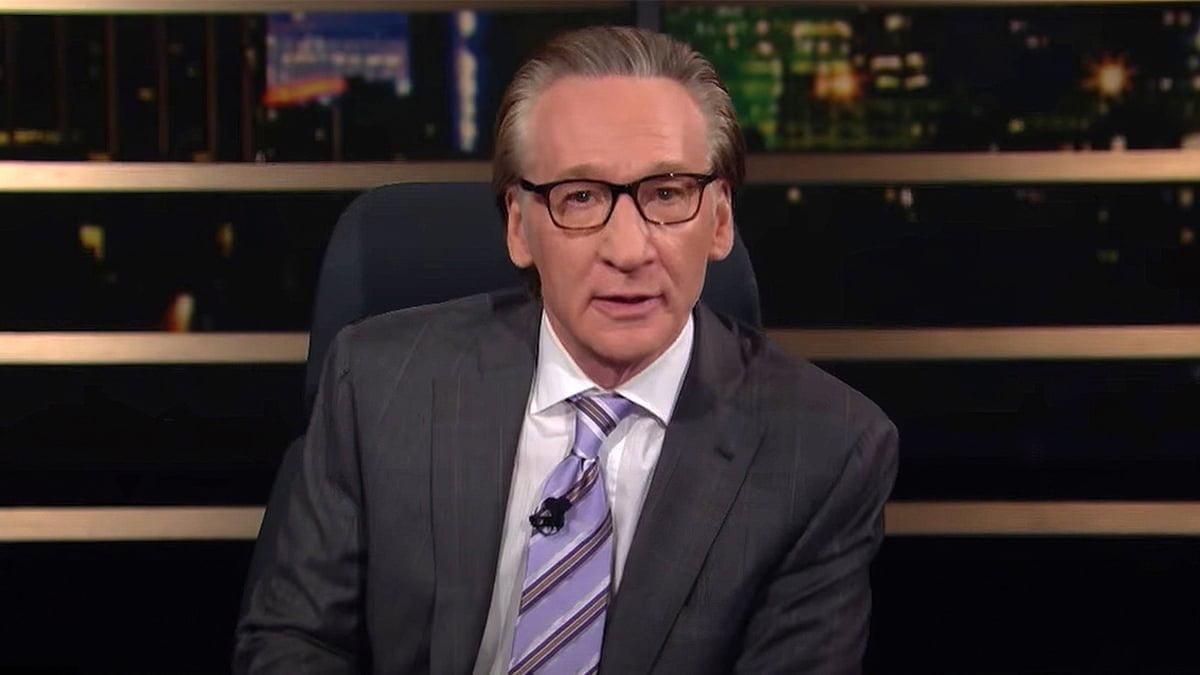I continue catching up with people I saw again or met at the BNM Summit a few weeks ago. I also am still thinking about the sessions and information shared in Nashville. One topic that came up several times over the two days was the role of callers in today’s talk radio.
It was a question I asked Chad Benson, Erick Erickson, and Tony Katz when I moderated the “Talking with Talent” panel on the first day of the Summit, which you can buy a digital ticket to view here.
It was one of only two subjects during the session where I recalled any differences of opinion. The other was about video streaming.
In this column, I review the panelist’s views on callers. Their quotes are edited for brevity and clarity. I’ll add my opinions as a programmer, something I couldn’t do as a moderator when they differed from the panelists. I am interested in other readers’ views.
Erick Erickson is the only one of the three who takes calls regularly, although he points out that his show isn’t caller-driven, saying, “I don’t take a lot of callers, and I will go some days without taking callers at all.”
Chad Benson said he “hasn’t taken a caller in seven or eight years.”
Similarly, Tony Katz says, “In an average week, I take a total of zero calls; zero point zero.” He explains, “Twitter is my caller if I’m going to use something as a way of bouncing into something else.” Katz will use a tweet to report somebody else’s viewpoint. Katz adds that he is not anti-caller and that there are times when he has taken calls.
Benson also uses Twitter and texts in place of calls. Benson does both a national and a local show. The latter includes one caller segment. He maintains, “The reality is that it’s just easier” for listeners to text the show. “People don’t want to pick up and make a phone call. They want to send a text. That’s the way they want to respond.”
Sure, some, maybe many, listeners would rather text than call. I disagree that listeners prefer to text is a valid reason to stop taking calls. I haven’t seen research showing a majority of listeners would rather text than call talk shows.
The more relevant research is from Nielsen Audio Today 2023. The data shows that radio listening remains strongest in the car.
- This year, 65% of total radio listening is away from home, and 68% of away-from-home listening is in the car (29% at work, 3% other).
- 73% of all radio use during morning and afternoon drives happens in the car.
- 74% of all AM radio listening is in the car.
- In its Share of Ear study (Q1-23), Edison Research finds that more than 60% of all time spent with audio in vehicles goes to AM/FM radio.
- According to the U.S. Census Bureau, the average commute time in America increased by 10% between 2006 and 2019.
Since the pandemic, average commute times have fallen 4% due to a combination of more remote and hybrid work and changes in travel behavior, such as traveling at different times of the day to avoid rush hour traffic.
As Infinity Broadcasting President and CEO Mel Karmazin famously used to say, “When I see traffic, I see time spent listening.” A talk radio addendum in 2023 might be, “When I see traffic, I see talk radio listeners who can’t (or shouldn’t) text but have lots of time to call in.”
Katz explains why he doesn’t take callers. “I often discuss on-air whether I should take more callers, and the vast majority of people on social media and email is ‘No!’ If we wanted to hear from the callers, we’d have put the caller on the air and given them a show.”
I’m going to have to be a contrarian here, too. People on social media and email don’t necessarily represent the total audience. We’d likely get a totally different and equally unrepresentative result if we based our actions solely on people who call into talk radio shows.
Erickson has a two-part answer for why he takes calls: “As I’m growing nationally, a lot of local program directors love the idea that they can have (a listener) from their market call the show. It sounds more local, and there’s a connection to them.”
I relate to Erickson’s anecdote. We added an 800 number exclusively for Philadelphia listeners when we put Stern on in Philadelphia. Howard made a big deal of it when he took a caller from Philly. I think it was part of his early acceptance.
Erickson continued, “At the same time, I build great relationships, not just with the callers, but with the listeners by how you handle the callers.” True. There is a personal touch, even an intimacy created by speaking with a caller, which responding to a text or Tweet can’t achieve.
As Erickson has discovered, calls managed well in a couple of choice spots in an hour can help cement a host’s relationship with the entire audience. Angelo Cataldi, who retired from Philadelphia sports talk station 94 WIP earlier this year, used callers for this purpose, perhaps better than anybody I’ve heard.
Don’t get me wrong. I wouldn’t advocate for a caller-driven talk radio show. I largely agree with Katz. If the callers were so great, they’d have their own show, and some have—for example, the late Mike Trivisonno. I met him in 1988 at a bar in Cleveland where he was doing a trivia night. Trivisonno was a regular caller to a Cleveland sports talk show. Our meeting led to his role on the WNCX Morning Show. He eventually became a mainstay on Cleveland sports and talk radio.
Rush Limbaugh had the best explanation for the role of callers on talk shows. El Rushbo used to say, “The purpose of the caller is to make me, your humble host, look good.” Indeed.
Katz offered some opinions about how to treat callers when you take them. He said, “The caller is not adversarial even if they hate you.” Maybe this is a regional difference. In the Midwest, callers are less antagonistic toward hosts with whom they disagree. It is not the case on the East or West Coasts.
He suggests hosts “Should not be adversarial” or say things such as, “You’re just a fool. You’re stupid.” Instead, he says, “Find a way to take what they’re saying and use it against them with a smile on your face or say ‘Hey, thanks for the call, let me tell you why I think you’re wrong’, and go to your audience. I don’t get confrontational with the caller. It makes you sound like a bully-thug-jerk.”
Benson points out, “Isn’t that reality television? People like skirmishes. Nobody wants to watch a bunch of women sit down and eat dinner. They want to watch them fight, scream, and yell at each other.”
Erickson offers a “confession.” – Occasionally, I’ve got to confess; I try to find the call-in and let the one idiot come on who has a profound point. Like a woman who called once and insisted that the word ‘fairness’ was in the Constitution. I word-searched the Constitution live with her on the radio. The word ‘fair’ is not in the Constitution. It ended badly for her, but I thought it made for great radio.”
I agree with Benson and Erickson; drama draws listeners. But it depends on the specific situation. At WCCO, creating any drama between hosts, or hosts and callers, would have been ridiculous. At WIP, tension between Cataldi and Howard Eskin (and many others) brewed for years. By the way, both had no problem telling callers they were stupid. Eskin built a career around calling people “dopes, nitwits, and morons.”
Erickson praised his screener. It’s critical to have a great screener and not just someone who gets the name, location, and a brief description before putting the call on hold. While I don’t think in this environment of talk radio, it’s beneficial to be confrontational all the time, I believe having the periodic person with opposing views on to debate (whether a caller or expert) is healthy, but they can’t be stooges. They must be well-spoken and able to represent their thoughts well. Again, quoting Limbaugh, you have to “defeat them on the battlefield of ideas.”
When I came to WIP in 2007, my opinion was that callers were unnecessary. In my first six months, I had an epiphany. We had ten phone lines at WIP. One of the big revelations for me during the session was when Erickson revealed that Rush Limbaugh had only three lines. I had the screener on my desk. I could see when all the lines were lit and when they weren’t. It didn’t take long for me to realize the correlation between the phones and ratings. I learned to expect good and bad weeks and knew which dayparts were strongest and which needed help. It didn’t vary over my nine years there.
While I wouldn’t hire a caller-driven talk radio show in most circumstances, I wouldn’t likely hire one that rarely or never took callers. Somewhere between two and five an hour – depending on the daypart and what’s happening feels right to me.
What are your thoughts about callers on Talk Radio in 2023?
Below are my top rules about callers. What are yours that aren’t on this list?
Send me your thoughts and rules to andy@andybloom.com or via X (formerly known as Twitter @AndyBloomCom.
Andy Bloom Communication’s rules for callers on the air:
- Well-screened: Avoid all the repetitive stuff (hello, how are you, first time, etc. Get to the point. Only people who sound good on the phone.
- Discipline: Stick to one point. One attempt to reel the caller in. Afterward, it’s time to hang up.
- Keep it entertaining and moving: Avoid caller monologues.
- Rush’s rule: “The purpose of the caller is to make the host look good.” Ensure callers address something the host is prepared for and has an answer for.
- Callers can also contribute empathy for the host.
- Only one voice for several hours can drone on.
- Callers beget callers: If you don’t take calls, you won’t get any. If you do, others will call.
- The two-minute rule: Calls should never be more than two minutes, but no rule says they are owed two minutes.
- The two-caller rule: In most cases, except for special segments, two callers back-to-back is enough – usually to end A-Block.
Andy Bloom is president of Andy Bloom Communications. He specializes in media training and political communications. He has programmed legendary stations including WIP, WPHT and WYSP/Philadelphia, KLSX, Los Angeles and WCCO Minneapolis. He was Vice President Programming for Emmis International, Greater Media Inc. and Coleman Research. Andy also served as communications director for Rep. Michael R. Turner, R-Ohio. He can be reached by email at andy@andybloom.com or you can follow him on Twitter @AndyBloomCom.







